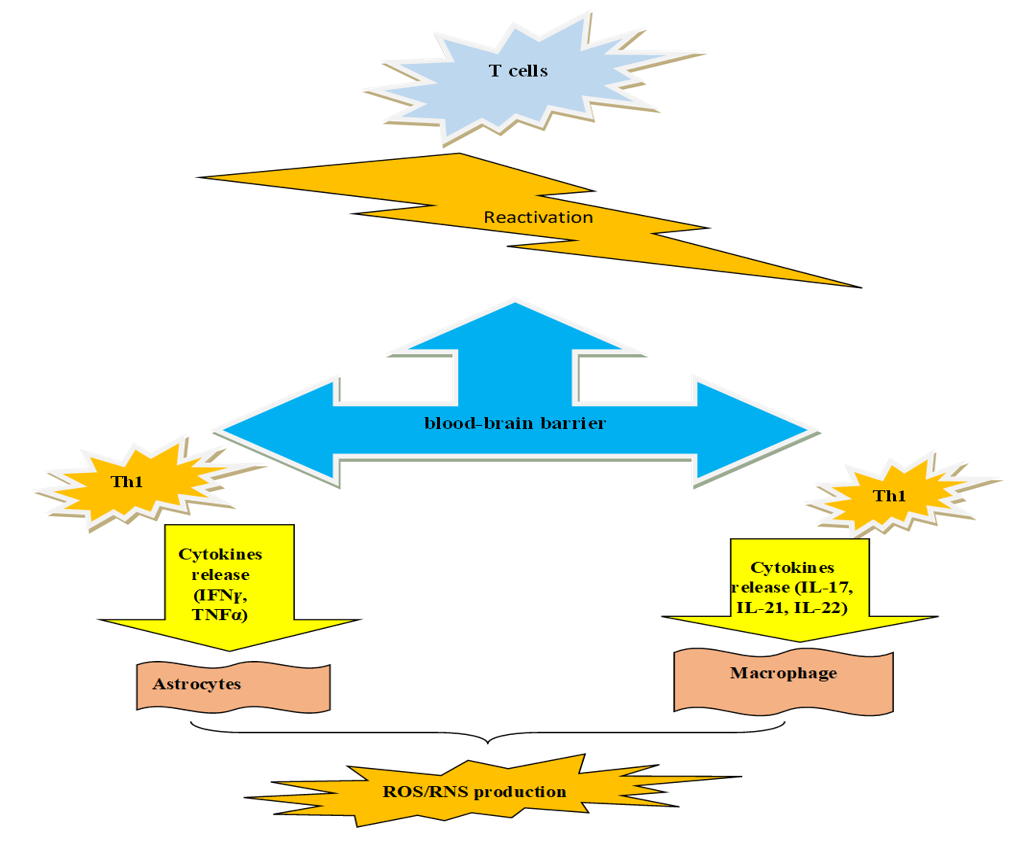Breaking boundaries: the transformative role of exercise in managing multiple sclerosis
DOI:
https://doi.org/10.17179/excli2024-6932Keywords:
multiple sclerosis, flexibility training, immunomodulation, rehabilitation, quality of life, physical activityAbstract
Multiple sclerosis (MS) is a prevalent cause of physical disability in adults, with inflammation-induced demyelination and neurodegeneration contributing to its etiology. This comprehensive review explores the multifaceted benefits of exercise in managing MS, including improvements in aerobic capacity, balance, muscle strength, immune and hormonal functions and mood. Various exercise modalities, such as aerobic, resistance, flexibility, and balance training, are discussed, along with tailored protocols for MS patients. Recommended exercise strategies are: aerobic exercise: 2–3x/week; 10–30 minutes (40 %–60 % of maximum heart rate (HRmax), HIIT: 1x/week, five 30–90-second intervals at 90 %–100 % HRmax, Resistance training: 2–3x/week, 5–10 exercises; 1–3 sets for each exercise, 8–15 repetitions/set. The review also examines the impact of exercise on neuroplasticity, cardiovascular responses, cytokine modulation, stress hormone regulation, brain structure, and function and fatigue perception. Emphasizing the importance of exercise in enhancing the quality of life for individuals with MS, the review proposes exercise prescriptions and highlights the promising link between physical activity, brain health, and improved hormonal and immune status in MS patients. This review aims to inform future research and guide clinical practices for effective MS management.

Downloads
Published
How to Cite
License
Copyright (c) 2024 Saber Saedmocheshi, Narimen Yousfi, Karim Chamari

This work is licensed under a Creative Commons Attribution 4.0 International License.
Authors who publish in this journal agree to the following terms:
- The authors keep the copyright and grant the journal the right of first publication under the terms of the Creative Commons Attribution license, CC BY 4.0. This licencse permits unrestricted use, distribution and reproduction in any medium, provided that the original work is properly cited.
- The use of general descriptive names, trade names, trademarks, and so forth in this publication, even if not specifically identified, does not imply that these names are not protected by the relevant laws and regulations.
- Because the advice and information in this journal are believed to be true and accurate at the time of publication, neither the authors, the editors, nor the publisher accept any legal responsibility for any errors or omissions presented in the publication. The publisher makes no guarantee, express or implied, with respect to the material contained herein.
- The authors can enter into additional contracts for the non-exclusive distribution of the journal's published version by citing the initial publication in this journal (e.g. publishing in an institutional repository or in a book).





